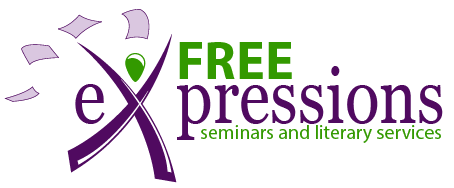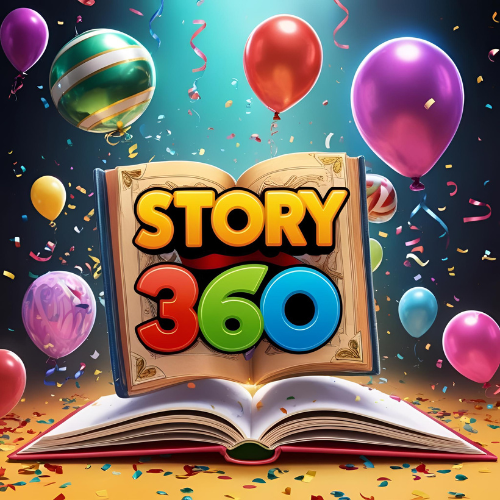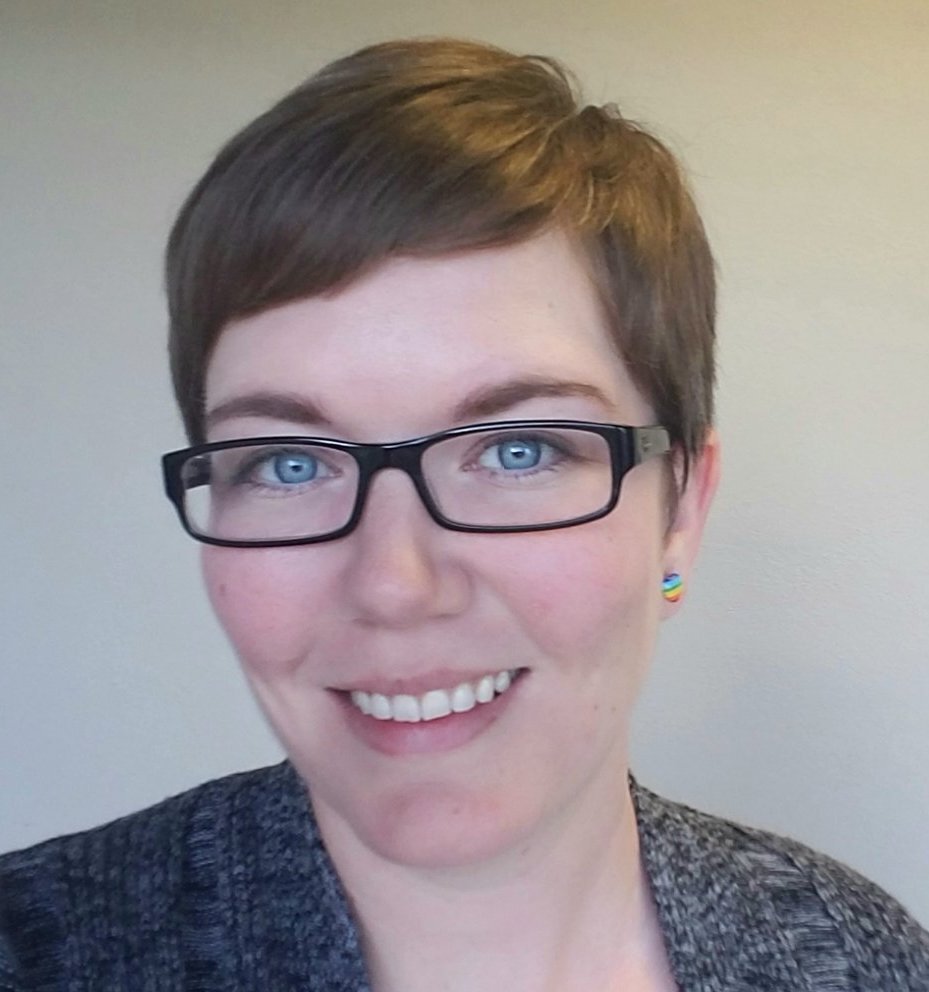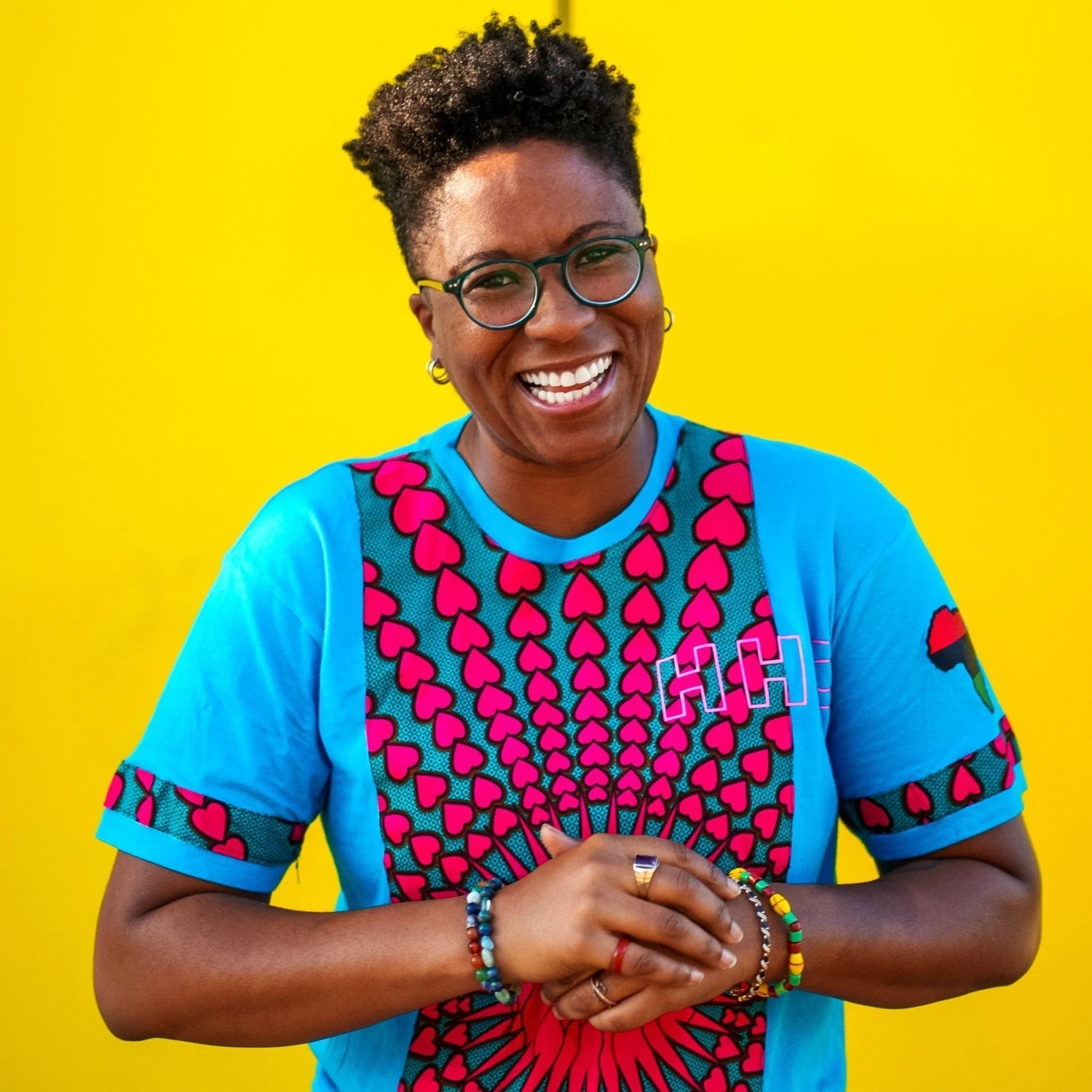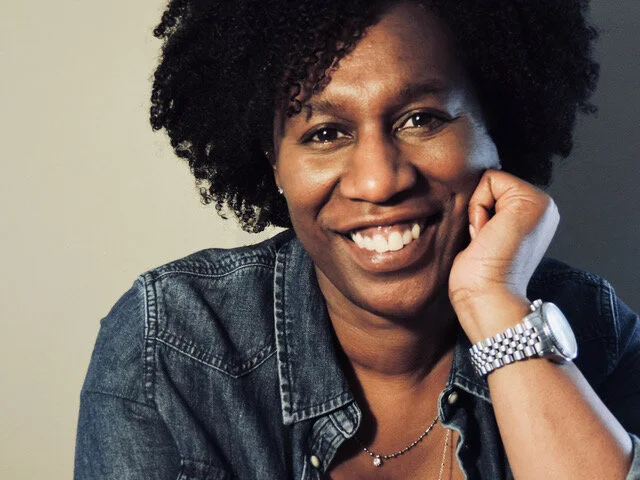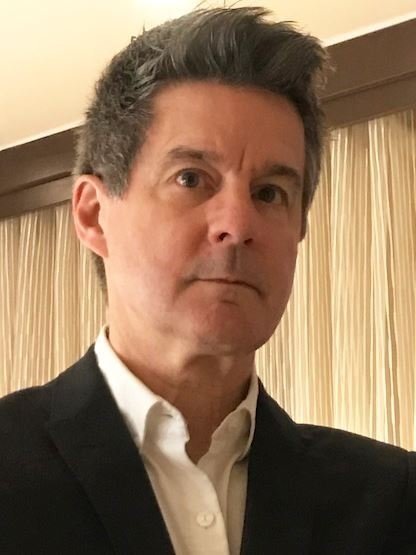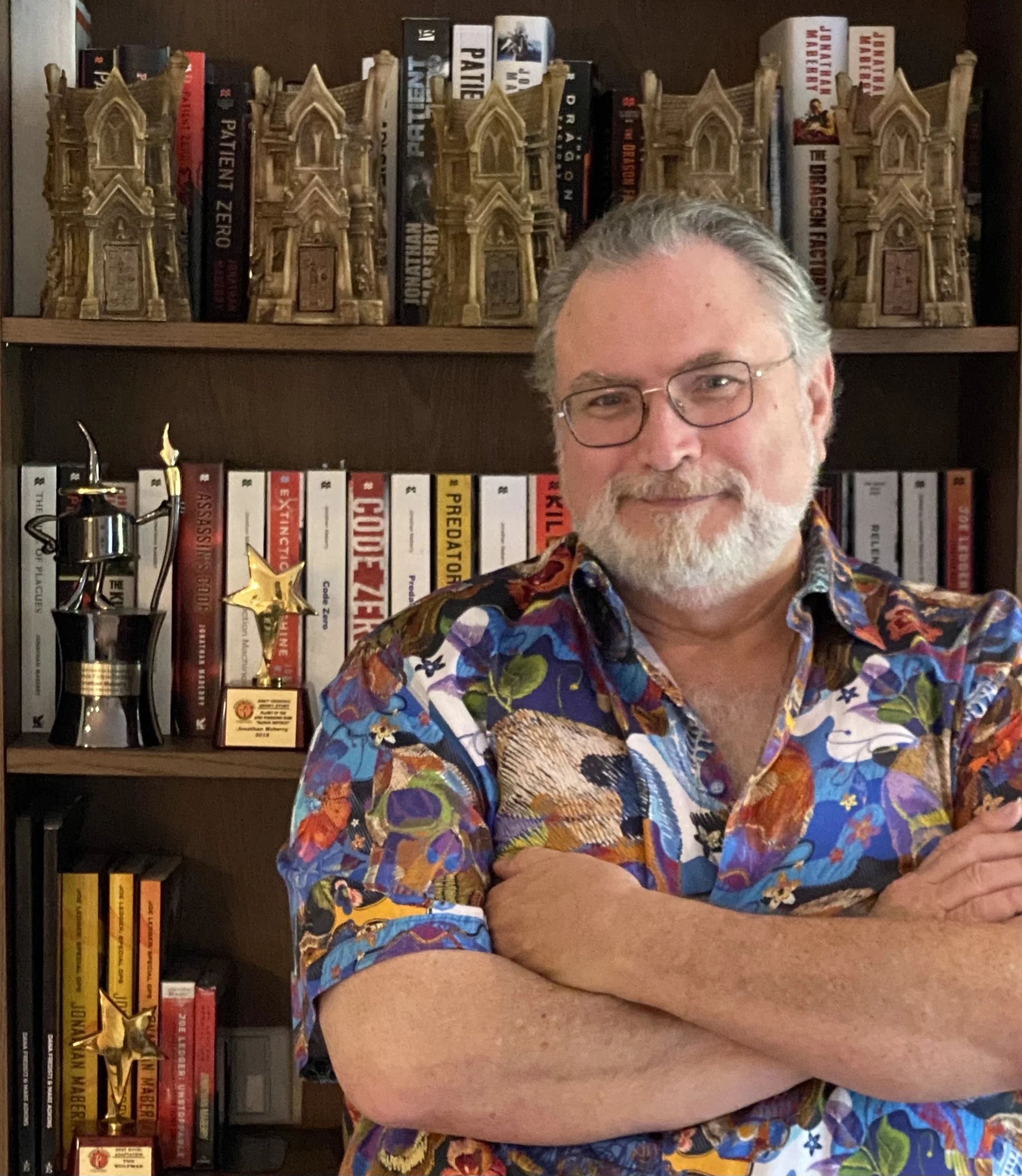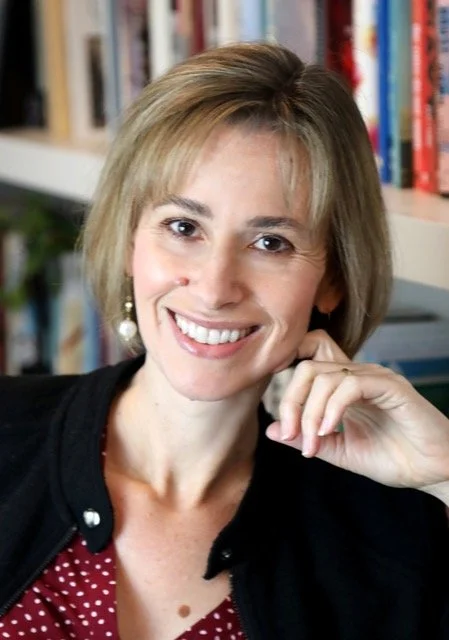An intensive three-day virtual workshop for writers of fiction and creative nonfiction who relish deep-dive, challenging classes that go far beyond the basics. Included are a day-long master class with literary agent Donald Maass and substantive courses on advanced topics from industry pros, Janice Hardy, Sarah Fisk, Sheree L. Greer, Jordan Rosenfeld, Lorin Oberweger, Leah Henderson, Jonathan Maberry, and Steven James.
Also included are two “working lunches,” where we’ll look at and offer feedback on select participant query letters and first pages.
Join us for the very best of our programming, in the comfort of your home!
Schedule:
Click on the down-arrows for workshop details. Note: All sessions will be recorded with links available to participants on a designated workshop page (and available for downloading).
Friday, June 19
-
The Deep End: Secrets of Story Depth
High impact comes from high reader involvement. Plot alone does not produce that. Deep reader engagement comes from factors such as range of voice, interiority, nuance, character layers, emotional pace, multi-faceted change, cognitive challenge, story importance, microcosm, human journey and more.
Explore story depth in your work-in-progress in this hands-on master class.
Topics include:
Connecting Protagonist & Problem: Why a protagonist must do whatever-needs-doing for purely personal reasons that stir reader investment.Creating Character Depth and Layers: Depth is created by a dual nature at war; think conflicting sides. The deepest “layer” is what fundamentally shaped a character and how that plays out in the story. The “hidden layer” is what a protagonist is seeking sub-consciously (something beyond the change implied in “arc”). The trick is to make that felt by the reader even if under the surface.
Crafting a New Understandings of Story Stakes and Pace: A more sophisticated view of stakes includes what makes a story important. Pace, likewise, has a more expensive definition: It is whatever is on the page that rewards readers and keeps them moving forward, things that go beyond plot tension.
Writing a Narrative Voice with Range:
Related to “immersive POV,” the idea here is to get the story’s narrator to “talk” with greater range to the reader; for instance, rendering observations, opinions, and judgments on a variety of subjects. Folded into this, we’ll explore “the hierarchy of exposition,” meaning internal content that creates high reader involvement.
Expect hands-on, generative work, lively discussion, and topics that challenge what you think you know about fiction craft.
Saturday, June 20
-
FLAT SETTINGS, HEAVY PARAGRAPHS, AND OTHER DESCRIPTION DISASTERS
Many writers fall into the same traps when writing description—they create static pages readers skim, use generic backdrops that add nothing, or write paragraphs so heavy they drag the scene down. In this workshop, you’ll learn how to take advantage of your setting and description to bring what’s in your head onto the page. You’ll learn how description can reveal character and deepen conflict, enhance pacing and emotion, and connect place, detail, and theme so your world feels alive and purposeful. You’ll also explore why making every descriptive choice earn its place will keep your readers fully immersed in the story.
-
Led by Lorin Oberweger, we’ll look at some sample query letters from participants and discuss what’s effective and what could still be strengthened.
Prior to the workshop, Lorin will request volunteers to share their queries with the group. -
THE SCINTILLATING SYNOPSIS
Join literary agent Sarah Fisk for an in-depth class on crafting an engaging and effective book synopsis - a vital tool for capturing an agent’s or editor’s attention.
Sarah will break down how to balance clarity, pacing, plot, and character. You’l learn how to distill your story’s essence while preserving its unique qualities. The class will included evaluation of sample synopses to illustrate common pitfalls and best practices.Key takeaways:
Understand what agents and editors look for in a synopsis.
Learn how to summarize your plot without losing focus on character or getting too bogged down in details.
Identify and fix common mistakes.
-
CLOSE TO THE BONE: REVISION
James Baldwin, when asked about working on drafts, said that revision is a type of cleaning with the goal of crafting sentences that are “clean as a bone.”
In this interactive class, we’ll discuss revision techniques and tools to uncover our own relationship to draft work.
Using writing prompts and examples, we’ll craft effective approaches to revising our work with our sights set on clarity and precision on the page. -
DEPARTING FROM THE ARC: NEW PATTERNS FOR FRESH STORY STRUCTURE
Are you tired of the three-act structure, the hero’s journey, or Freytag’s pyramid—plot templates that hit the same beats over and over, making every story feel like another variation of the last?
While there’s value in those classics, they’re far from the only way to tell a powerful story.
In this workshop, we’ll explore fresh, unconventional way of looking at story patterns found in published literature and learn how to craft the essential elements agents and publishers look for—tension, voice, and unforgettable stories—without falling into formula.
Perfect for both novelists and memoirists, these techniques will help you shape narratives that stand out while still resonating with readers.
Sunday, June 21
-
What readers fall in love with is typically not story structure or plot but the representation of a real being, with a real beating heart, expressed through the medium of words. They fall in love with the PERSONALITY on the page—not only that of the narrating character or characters but also of the story itself. Its outlook. The spirit that informs the words. In some ways, they fall in love with YOU.
So, how do we create a love affair that turns into a lifelong relationship with readers? Through the magical intersection of voice, viewpoint, and character. In this workshop, we’ll take a fresh approach to these elements, going beyond mere mechanics of character biographies and narrative “camera placement” to create singular, stirring characters with unexpected traits and means of expression that elevate the work.
Come prepared to stretch, explore, and play. You might find yourself falling in love again—with your own work.
-
Led by Lorin Oberweger, we’ll look at some sample first pages from participants and discuss what’s effective and what could still be strengthened.
Prior to the workshop, Lorin will request volunteers to share their first pages with the group. -
BUILDING A MULTI-PLATFORM WRITING CAREER
In this challenging economy it’s tough to build a career by being a one-trick pony. Writers who want to build a thriving and lucrative career look for all kinds of creative outlets and forms that pay. Novels, short stories of all kinds, essays, magazine features, greeting cards, game writing, comic books, tie-in fiction, poetry, freelance editing, and more are doors just waiting for writers to open.
NY Times bestseller Jonathan Maberry (author of 55 novels, 200 short stories, 30 graphic novels, 28 nonfiction books, 1200 feature articles, as well as poetry, plays, and more) will take you through the steps to build a bigger and stronger writing business that can shift with economic changes. -
EMOTIONAL CONNECTION TO PLACE
Past connections and memories associated with a place can heighten a character’s feelings and experiences while interacting with that specific environment.
During this session, we will look at the places we choose to set our stories, asking ourselves how memories and connections within them and other places can trigger and strengthen a character’s internal and external responses, motivations and actions, inducing stronger conflicts within that place.
In focusing on the emotional connection with “the where” of our story, we will consider ways to create more impactful scenes and more powerful and engaging stories.
-
SUSPENSE ESSENTIALS: SECRETS TO TAPPING INTO TENSION (WHATEVER GENRE YOU WRITE)
Every story can be improved by increasing the suspense, tightening the tension, and ratcheting up the action.
This in-depth seminar will help you improve your story by pacing the promises that you make and connecting emotionally with your reader.
We’ll explore the differences between suspense and conflict, how mystery, horror, and suspense differ, and how to use promises of peril to increase suspense throughout your story.
